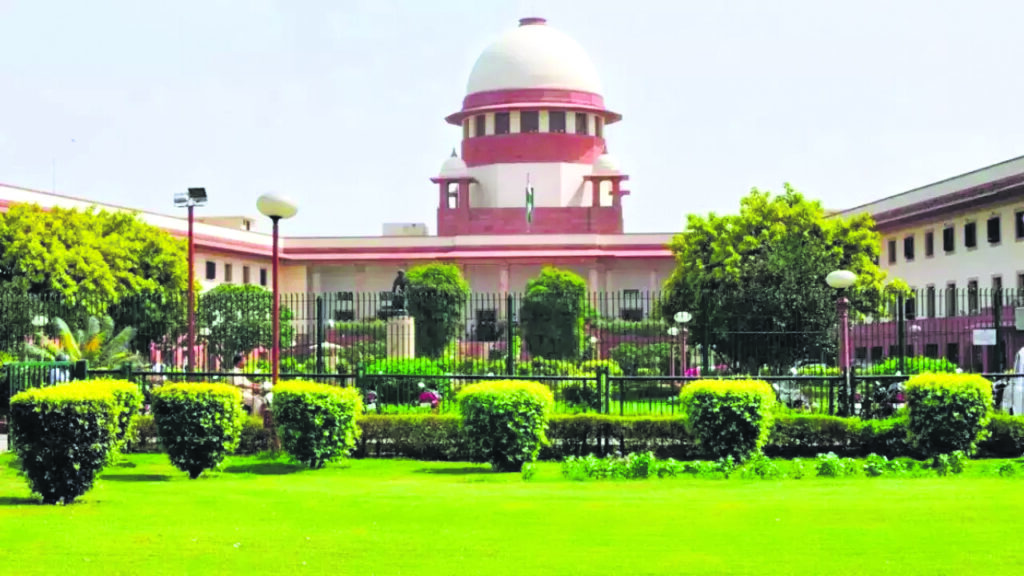Rehan Khan
On 30th July, the Supreme Court ruled that State Bar Councils (SBCs) and the Bar Council of India (BCI) cannot charge exorbitant fees for enrolling law graduates, stating that such practices perpetuate “systemic discrimination” against marginalized and economically weaker sections. The Court emphasized that “dignity is crucial to substantive equality.”
In its decision, the bench, led by Chief Justice DY Chandrachud and comprising Justices JB Pardiwala and Manoj Misra, clarified that SBCs and the BCI, operating under delegated powers from the Advocates Act, 1961, cannot alter or modify the fiscal policies established by Parliament. Specifically, the court mandated that enrolment fees cannot exceed ₹750 for general category candidates and ₹125 for Scheduled Castes/Scheduled Tribe candidates as stipulated under Section 24(1)(f) of the Advocates Act.
The verdict addressed multiple pleas from advocates who argued that SBCs were imposing exorbitant enrolment fees. Some cited figures included ₹42,100 in Odisha, ₹25,000 in Gujarat, ₹23,650 in Uttarakhand, ₹21,460 in Jharkhand, and ₹20,050 in Kerala, far exceeding the statutory limits.
Chief Justice Chandrachud stated that charging exorbitant fees as a precondition for enrolment acts as a barrier to entry into the legal profession and undermines the dignity of individuals from marginalized and economically weaker sections. He noted, “The dignity of an individual encompasses the right of the individual to develop their potential to the fullest and the right to pursue a profession of one’s choice and earn a livelihood. These are integral to the dignity of an individual.”
The Court ordered that SBCs and the BCI must adhere strictly to the enrolment fees stipulated by law and cannot impose additional charges under different pretexts. However, the ruling will apply prospectively, meaning SBCs are not required to refund excess fees already collected. After enrolment, SBCs may charge for other services provided to lawyers, but not at the time of enrolment. It was also noted that charging fees beyond the stipulated amounts violates Article 19(1)(g) of the Constitution, which guarantees the right to practice any profession. The Supreme Court consolidated various pending cases on this issue from different High Courts to avoid multiple proceedings.
Advocate Vrinda Bhandari, representing one of the petitioners, highlighted the financial hardships faced by law graduates, particularly those from marginalized communities. She cited an example where a candidate from the Pardhi community had to raise funds privately to pay for his enrolment fee of ₹21,000.
Senior Advocates Manan Kumar Mishra and S Prabhakaran, representing the BCI, supported the fees, arguing they were necessary for welfare measures for lawyers. However, the court held that welfare fees should not be imposed as a precondition for enrolment.
Case title: Gaurav Kumar vs. Union of India
Case no.: Writ Petition (C) No. 352 of 2023

